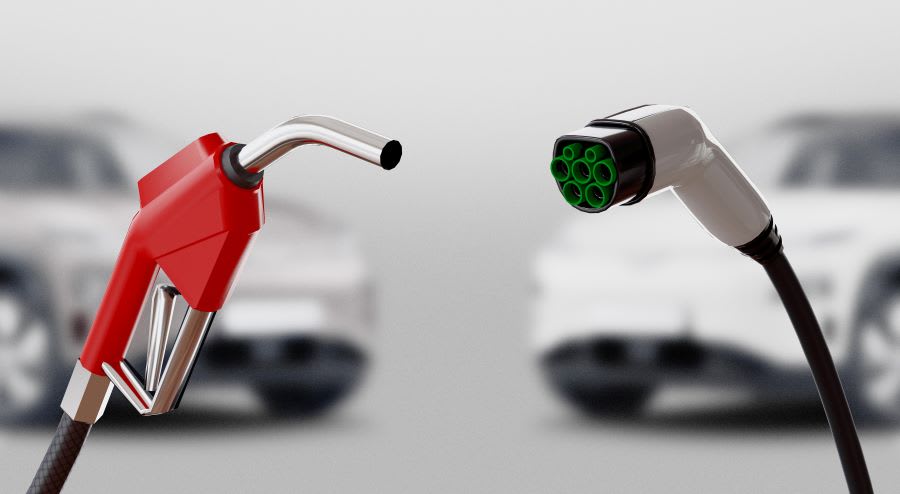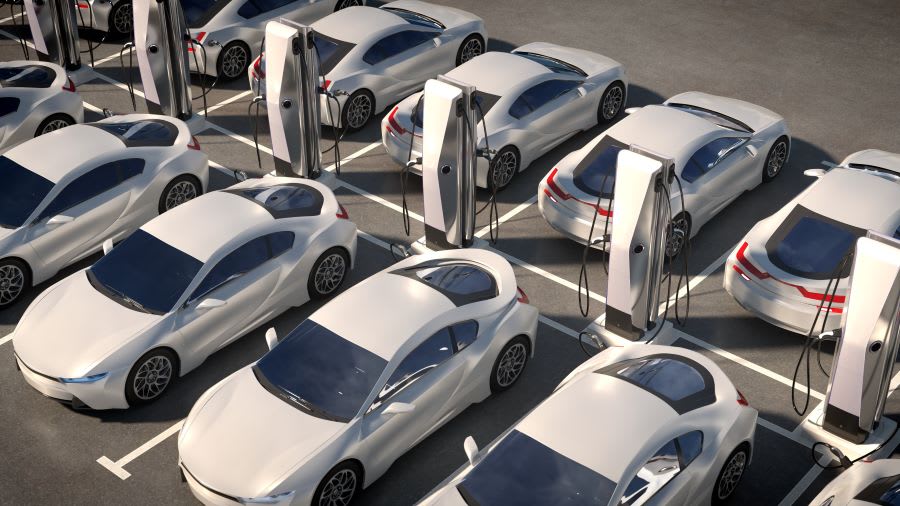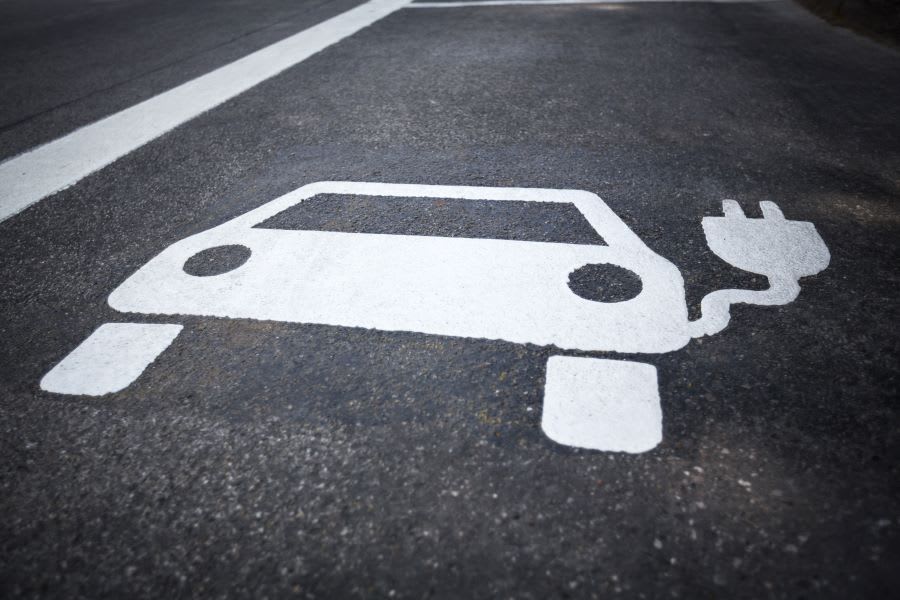Amid rows over Christmas parties, new variants and political shenanigans, it isn’t always easy to find good news stories. But for fans and advocates of electric vehicles (EVs), it feels as though there’s always a crumb of comfort. Ahead of the government’s ban on the sale of new petrol and diesel cars in 2030, interest in EVs is booming. And so too are sales.

Hybrid and electric vehicle registrations sore in November
According to figures from the Society of Motor Manufacturers and Traders (SMMT), almost 22,000 new electric cars were registered last month – more than double the number registered during November 2020. As a result, the EV market share also doubled, up from 9.1% in November last year to 18.8% last month.
Following that result, electric cars have accounted for just over 10% of the UK new car market during the first 11 months of 2021. So far this year, more than 163,000 new EVs have been registered, marking an increase of almost 90% compared with the same 11 months of 2020.
At the same time, sales of hybrid and plug-in hybrid cars have also rocketed, with more than 106,000 plug-in hybrids registered between January and November. Over the same period, just under 140,000 new hybrid cars have hit the roads of the UK. All of which means hybrid, electric and plug-in hybrid cars have made up more than a quarter of all new car sales in 2021.

UK Motorway services to get battery packs that help with rapid charging
All these cars will need somewhere to charge, though, so National Highways, the government-run organisation responsible for England’s motorways, is introducing new measures to improve the rapid charging network. According to Motor1.com, National Highways is paying for massive batteries to be installed at motorway services where the grid cannot cope with a rapid charging point. These will store energy at times of low demand, then use it to power faster charging stations.
In total, National Highways is spending £11 million on the scheme, which it describes as a “temporary” solution until the network is bolstered.
Tesla launches “Cyberquad for Kids”
Such improvements to the network should be good news for EV buyers, but it’ll be of limited use to those choosing Tesla’s latest model: the new Cyberquad for Kids. According to Teslarati.com, the new quadbike will cost $1,900 and has a top speed of 10mph, as well as a 15-mile maximum range.
That’s thanks to a 36-volt lithium-ion battery which is designed to offer faster charging times. At present, it’s only available in 48 of the 50 US states, but kids across the UK will be hoping it can be shipped overseas.

Clean Air Zones to arrive in British cities
One thing that definitely is arriving on UK shores is the swathe of clean air zones across British cities. Manchester’s zone is expected to begin operation in May, and the Manchester Evening News reports the first signs are already popping up.
The scheme will not affect private cars, but vans, buses, coaches, taxis and lorries that fail to meet certain emissions standards will be charged to enter the city centre. Charges start at £7.50 a day for taxis, while vans will pay £10 a day and HGVs will pay £60 a day.
BMW introduce new XM hybrid SUV
Avoiding those charges – and the charges in similar cities – will involve driving a more modern car with lower particulate emissions, and BMW has just shown off the latest such model. It’s called the XM, and Autocar says it’s the Bavarian company’s 50th birthday gift to the high-performance M division.
The controversially styled new model is a 4.4-litre V8 petrol plug-in hybrid, offering 750hp and an electric-only range of around 50 miles. Performance figures have not been confirmed, but those figures should make it enormously fast.

UK Government reduce Plug-In Car Grant scheme
Sadly, the XM won’t be eligible for the government’s Plug-In Car Grant (PICG), which is designed to subsidise plug-in cars and encourage their uptake. The scheme stopped supporting plug-in hybrid cars long ago, and the government has cut the funding once again.
According to the Department for Transport, the PICG will now only support electric cars that cost less than £32,000, and the discount has fallen from £2,500 to £1,500. There are some exceptions to the rule, but it’s another step towards the end of government subsidies for EVs.
Enjoyed this? Read more of our latest electric news:
- Skoda Karoq gets eco-friendly facelift
-
New Volkswagen ID.5 electric SUV arrives
- Muscular new Suzuki S-Cross SUV now roomier than ever
- All-new Toyota Corolla Cross unveiled
- 10 best UK road trips you must experience in your lifetime
Where To Next?
For all the latest reviews, advice and new car deals, sign up to our newsletter.
Looking for a great leasing deal? Check out our incredible range of special offers.
Read our latest reviews and find the right model for you.
Want to know more about leasing? Take a look at our comprehensive leasing guides.
Interested in everything motoring? Why not catch up on all the latest car leasing news.

















